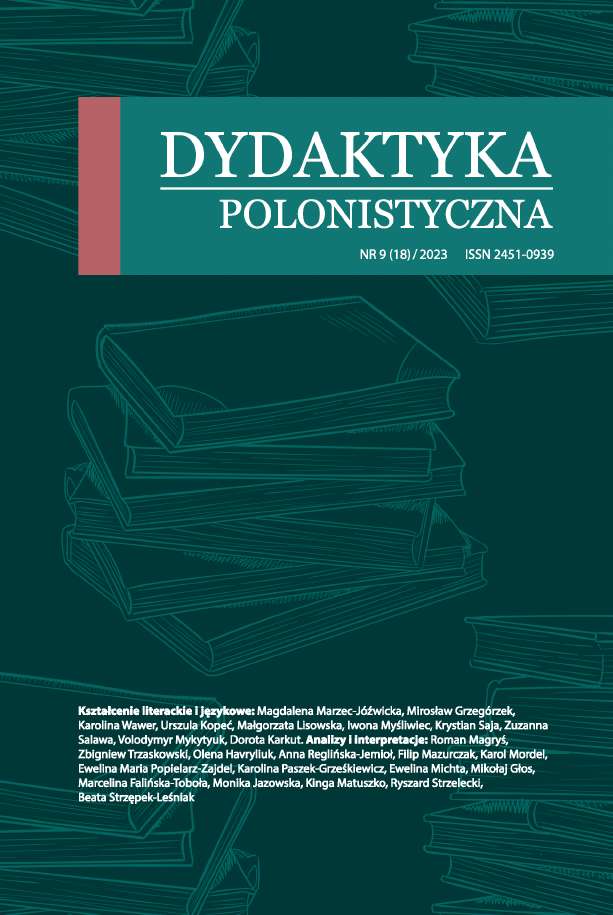„This is only possible in your bloody Warsaw!” On the way Poland and Poles are presented in Miła 18 by Leon Uris
DOI:
https://doi.org/10.15584/dyd.pol.18.2023.14Keywords:
Leon Uris, Mila 18, Exodus, Poland, Home Army, Warsaw Ghetto Uprising, Zionism in literature, Polish-Jewish relations, BieganskiAbstract
Leon Uris’ 1961 novel Mila 18 is one of the most influential cultural depictions of the Warsaw Ghetto Uprising. This novel presents the Poles in an exceptionally negative light, as nearly congenital antisemites. In particular, Uris is negative in his depictions of the Home Army and the Catholic Church. While not disputing that antisemitism was pervasive in twentieth-century Poland, it is difficult not to notice that Uris often presents the ghetto rising and, more broadly, Polish history in a historically inaccurate way. Taking into consideration the Zionist overtones in Mila 18 and the author’s other works, one can argue that his distortion of the history of his nations’ ancestors was intentional and served to construct a pro-Israeli narrative. Furthermore, the trope that Danusha Goska has called Bieganski is apparent in Uris’ novel.


